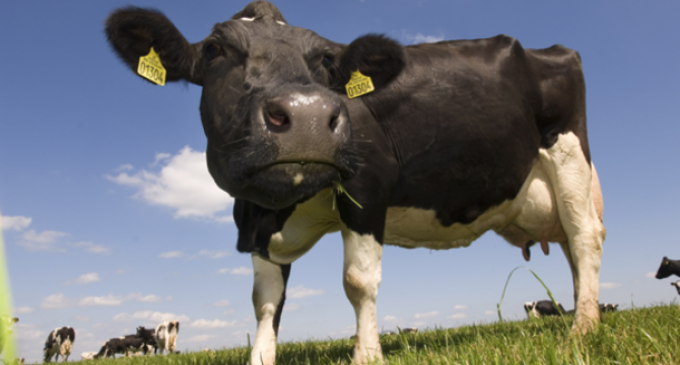Dairy firms should adopt sector-specific safety training

UK dairy firms should adopt a new sector-specific safety training course and accreditation, according to food and drink qualification firm FDQ.
FDQ has teamed up with training company Arko Training and dairy firm Arla Foods to launch the ‘Food safety for dairy manufacturers’ qualification.
Amanda Clark, FDQ chief executive, said: “I urge other dairy businesses to pick this up. The more specific the training delivered by dairies, the greater the consumer protection.”
Arla Foods pioneered the dairy-specific training course as part of a drive for “increased consumer protection and industry excellence” and to provide more relevant training.
‘No relevance’
“There are many aspects of existing food safety qualifications that have no relevance for dairy processors,” said Chris Edwards, senior technical competence development manager at Arla Foods. “Similarly, there is key technical knowledge, which is required as part of our daily work in relation to pasteurisers, separators and flow diversion valves which, until now, have not been part of any food safety qualification.”
Edwards claimed that the course retained the core principles of food safety – cross contamination, microbial growth, temperature control and pest control – but incorporated the uniqueness of milk production.
“Until now, food safety qualifications have largely covered generic food industry issues, and are not routinely contextualised to the part of the industry in which a business operates,” said Edwards. “This new qualification means that dairy safety training now covers and examines understanding of the critical differences in the dairy product and process.”
It is now available for use by all dairy companies and covers dairy specific topics, including pasteurisation, shelf-life, separation and homogenisation.
‘Massive development’
Mark Otley, of Arko Traning, said it represented a “massive development” in the world of food safety training.
“Critical issues in food safety, the reasons for certain procedures and the implications of falling below standard are so much easier to grasp when put in context of daily work,” said Otley.
Arla employees started the course in February – with the first participates receiving their awards last week. Arla Foods said it planned to roll out the qualification across its entire workforce.
Nick Kent, supply chain manager at Arla’s Oakthorpe dairy, described the course as “logical” as it allowed Arla to focus its employees on what really matters in the production of dairy products.
“It is logical and follows with a workbook and a multiple-choice exam. It’s a tremendous step forward in allowing our people to develop their product safety skills at the start of their career.”


































